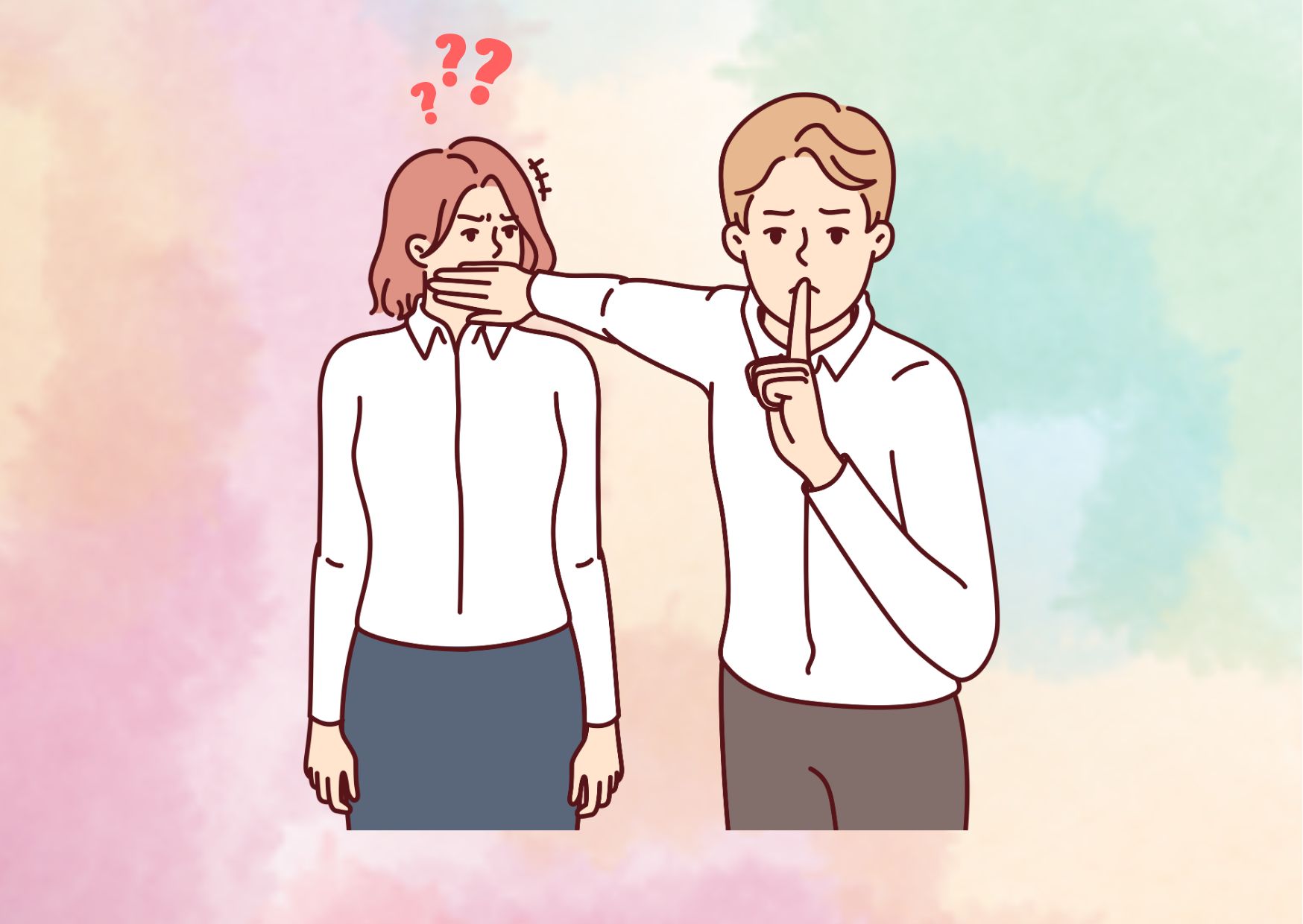How to Stop Parenting Your Partner and Improve Your Relationship
Introduction
In every relationship, it’s natural to have some conflicts and disagreements. However, when one partner starts to treat the other like a child, it can have detrimental effects on the relationship. The dynamic of parenting your partner can lead to resentment, lack of trust, and a power imbalance. In this article, we will explore how to recognize the signs of parenting your partner, why it happens, and most importantly, how to stop parenting your partner and improve your relationship.
Signs You Are Parenting Your Partner
Parenting your partner can manifest in various ways, and it’s important to recognize the signs. Here are some common signs that indicate you may be parenting your partner:
- Taking on all the responsibilities: You find yourself constantly taking care of tasks and making decisions without involving your partner.
- Correcting their behavior: You frequently feel the need to correct your partner’s actions, as if they are incapable of making their own choices.
- Overprotectiveness: You feel the need to shield your partner from any negative consequences and take charge of their well-being.
- Lack of independence: Your partner relies on you for most things, and they seem unable or unwilling to take responsibility for their own actions.
- Resentment and frustration: You feel overwhelmed by the burden of constantly taking care of your partner and may harbor resentment towards them.
Why Are You Treating Your Partner Like a Child?
Understanding the underlying reasons behind the parent-child dynamic in your relationship is crucial for making positive changes. Several factors can contribute to this behavior:
- Childhood experiences: The way you were raised and the dynamics you observed in your own family can influence how you behave in your current relationship.
- Control issues: The need for control and a desire to maintain order can lead you to take on a parenting role.
- Insecurity: If you have insecurities or fears about your partner’s capabilities, you may feel the need to parent them to ensure things are done correctly.
- Communication and boundaries: Lack of effective communication and unclear boundaries can contribute to the parent-child dynamic.
The Negative Effects of Parenting Your Partner
Continuing to parent your partner can have significant negative effects on your relationship. These effects include:
